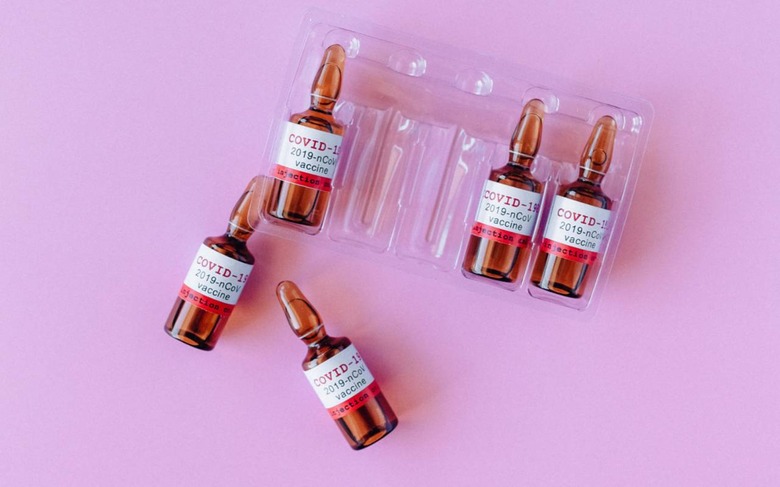Pfizer's COVID-19 Vaccine Faces FDA Panel Today - Here's What Happens Next
Pfizer's COVID-19 vaccine goes under the microscope today, with the FDA's vaccine advisory committee meeting to discuss whether it should recommend approving the drug for emergency use authorization. It's a significant milestone in the search to slow the coronavirus pandemic, though even if the Vaccines and Related Biological Products Advisory Committee (VRBPAC) gives Pfizer and BioNTech's BNT162b2 the green light, that doesn't mean it'll automatically be pushed out to hospitals and healthcare providers.
Indeed, while the VRBPAC is an essential part of the vaccine EUA process, it's only one step in the US Food and Drug Administration's pathway to deployment.
"We recognize the urgent need for medical countermeasures to diagnose, treat, and prevent this novel virus and have been working diligently to facilitate their development and availability," Stephen M. Hahn M.D., Commissioner of Food and Drugs at the FDA, said today in a statement. "In particular, the FDA has been working tirelessly with public and private sectors to facilitate the rapid development of COVID-19 vaccines without sacrificing our rigorous scientific standards for safety and effectiveness."
The committee itself is made up of independent public health and scientific experts. The FDA released the documentation for today's hearing earlier in the week, including some of its first insights into the efficacy of BNT162b2 and its potential side-effects. As the hearing concludes, the VRBPAC will issue its recommendation to the FDA, though the agency is not obliged to take it.

"After the VRBPAC meeting, FDA career staff will take the committee's input into account as they continue their review of the EUA request to determine whether it has met the standards for safety and effectiveness for issuance of an EUA, as well as refine the instructions for use and the informational materials to be provided to those receiving the vaccine," Hahn explains.
It's a difficult balance for the FDA right now, facing demands for vaccination on the one hand, versus concerns and outright skepticism on the other about the safety of such drugs. The US passed the 15 million case milestone this week, the Centers for Disease Control and Prevention (CDC) confirmed yesterday, and COVID-19 is responsible for over 285,000 confirmed deaths. With no sign of cases slowing, and patchy adherence to social isolation, mask-wearing, and other precautions across the US at best, experts have warned that there's little sign of coronavirus slowing any time soon without significant intervention.
All the same, the EUA process is something the FDA is very aware can't be rushed, or even just seen to be rushed. "I can assure you that no vaccine will be authorized for use in the United States until FDA career officials feel confident in allowing their own families to receive it," Hahn insists.
Pfizer's drug has already begun deployment in the UK, where regulators approved the vaccine earlier this month. The drug companies say they expect to have manufacturing capacity to supply globally up to 50 million vaccine doses in 2020, and up to 1.3 billion doses by the end of 2021. It has also developed a special shipping system, which it says will bypass concerns that BNT162b2 needs to be transported and stored at particularly low temperatures, and which uses GPS-enabled thermal sensors to ensure stability throughout.
